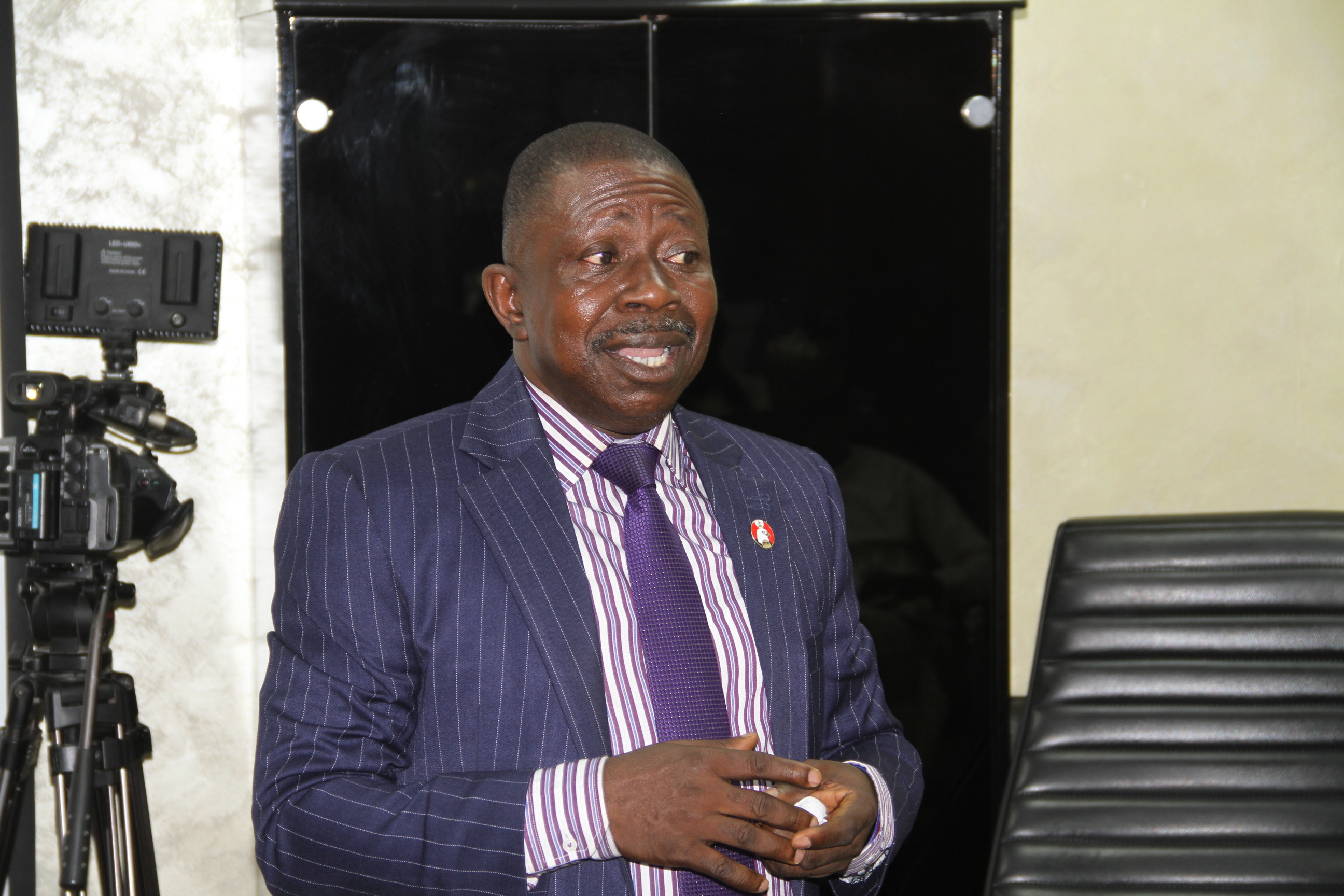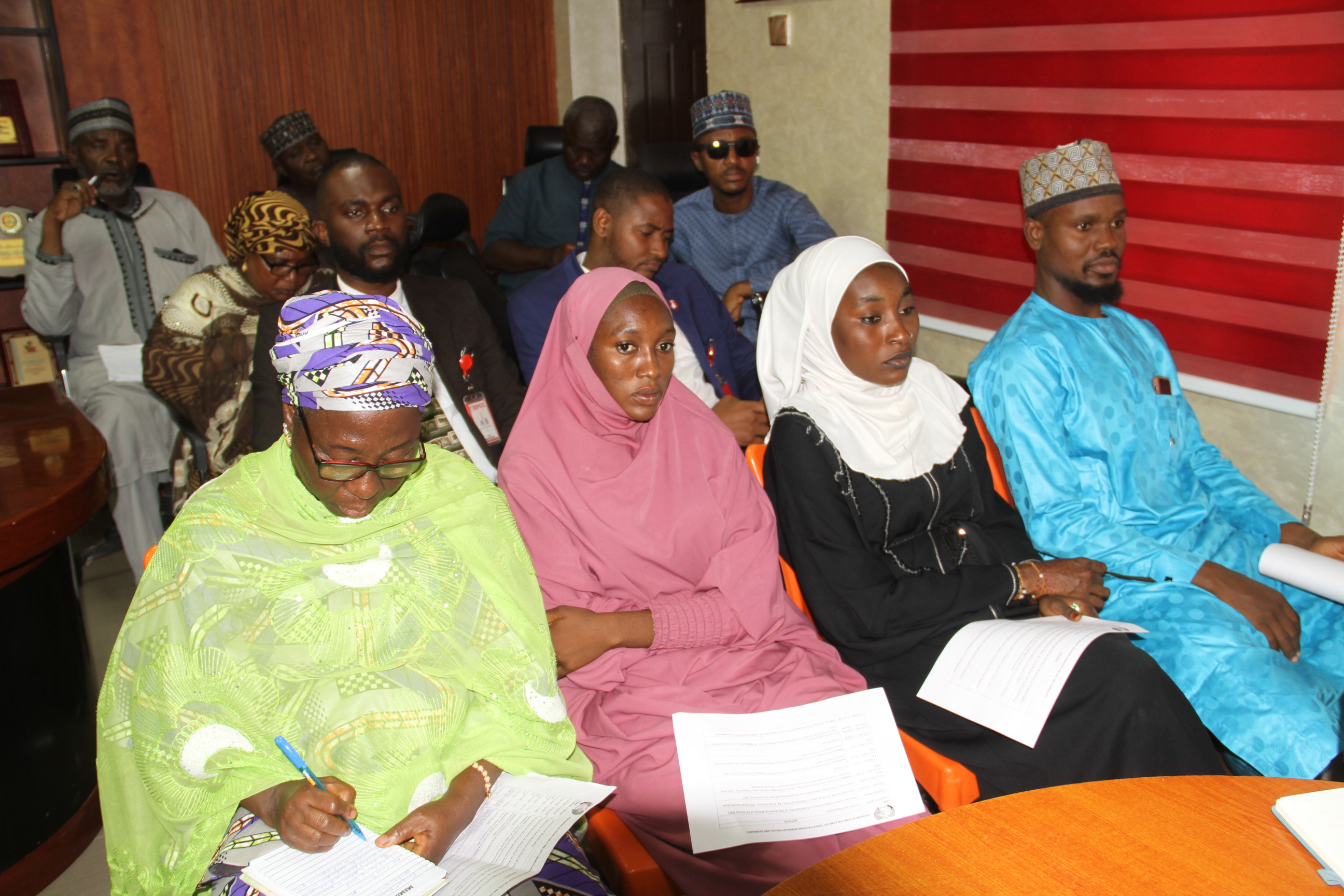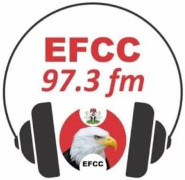The Executive Chairman of the Economic and Financial Crimes Commission, EFCC, Mr. Ola Olukoyede has called on the media and civil society organizations, CSOs across the country to collaborate more with the Commission to tackle economic and financial crimes and other acts of corruption frontally.
He made the call in Kano on Thursday, October 9, 2025, at a one-day capacity- building workshop for journalists and CSOs.
In his opening remarks, Olukoyede described the media and CSOs as critical stakeholders in the anti-corruption drive, noting that their roles in promoting transparency, accountability, and civic responsibility are indispensable to national development.

“The choice of our participants today, Civil Society Organizations and Journalists is both deliberate and strategic. You are not merely observers in the socio- economic landscape of our nation; you are critical drivers of change. CSOs serve as the conscience of society, while journalists wield the powerful pen that shapes public opinion, holds power accountable, and illuminates the dark corners where corruption thrives", he said.
Olukoyede who was represented by the Acting Zonal Director of the Kano Zonal Directorate of the Commission, Deputy Commander of the EFCC, DCE Sa’ad Hanafi Sa’ad, explained that the workshop was designed to educate participants on cryptocurrency fraud and other emerging forms of cyber and financial crimes, provide insight into the challenges of prosecuting financial crimes, and strengthen the synergy between the EFCC, the media, and CSOs.
“Our fight against corruption is not a solo mission; it is a collective national endeavour that requires synergy, trust, and shared intelligence. We must all come together with a shared resolve to expose corruption, no matter how complex, and bring perpetrators to justice", he said.
He urged participants to take full advantage of the engagement to ask questions, share perspectives, and contribute ideas that would enhance the effectiveness of the anti-graft crusade.
Delivering a paper titled “Prosecution of Financial Crimes: Issues, Challenges and the Way Forward,” the Head of Legal, EFCC Kano Zonal Directorate, Deputy Commander of the EFCC, DCE Jafar Alqasim, explained that "prosecution goes beyond filing processes in court"
“Prosecution entails a series of processes that begin from the moment a petition is received,” he said. “It starts with determining whether the petition falls within the EFCC’s jurisdiction, whether it involves an economic or financial crime. The EFCC cannot investigate cases like armed robbery because they are outside its mandate.”
Speaking in the same vein, the Head of Media and Publicity of the EFCC, Deputy Commander of the EFCC, DCE Dele Oyewale, emphasized the need for sustained collaboration between the Commission, journalists, and CSOs in the fight against corruption.
According to him, the EFCC has secured over 17,000 convictions within its 22 years of existence, a feat he attributed to the Commission’s commitment and resilience in pursuing justice.
“We have to come together collectively to fight corruption, our synergy is an unbreakabe energy we need to move the nation forward. The EFCC cannot do it alone. The media and civil society are essential partners in the fight for a transparent and accountable nation", he said.
He charged journalists and CSOs to be vigilant and courageous in their works, insisting that the role of the media in interrogating public office holders remains central to achieving transparency.
“There must be serious and holistic interrogation of public office holders,” he said. “You should be asking questions about how and where public funds are spent. That is how we can ensure accountability and good governance.”
Oyewale also assured participants that the EFCC remains open to collaboration and credible information sharing, stressing that the office of the Zonal Director is accessible to journalists, CSOs, and members of the public for reports and complaints.
In his presentation on the topic: "Understanding cryptocurrency fraud and other emerging financial crimes", Assistant Superintendent of the EFCC II, Samuel Enahoro Agbi said cryptocurrency fraud involves fraudulent schemes designed to obtain a victim's crypto assets, private keys of personal information among others. He urged the participants to be wary of sharing their sensible informations with the public in order to avoid falling victims of scam. Agbi further educated them on blockchain technology, wallets, transaction hash, token and mining.
Also speaking, the Head of Enlightenment and Reorientation Unit of the Commission, Assistant Commander of the EFCC, ACE II Aisha Mohammed, expressed appreciation for the turnout and urged participants to support the Commission’s public enlightenment efforts.
“The fight against corruption is not for the EFCC alone,” she said. “We have been taking the message to schools, motor parks, markets, and town hall meetings across the country to sensitize Nigerians. We urge you to be outspoken, courageous, and factual in reporting issues that promote accountability.”
In his vote of thanks, Chairman of the Correspondents’ Chapel, Kano, Murtala Adewale, commended the EFCC for organizing the workshop and appreciated the Kano Zonal Directorate for its continued engagement with the media.
The workshop brought together journalists from various media organizations and representatives of civil society groups. Discussions focused on building stronger collaboration, promoting transparency, and strengthening the preventive framework in the fight against corruption.
Media & Publicity
October 9, 2025



